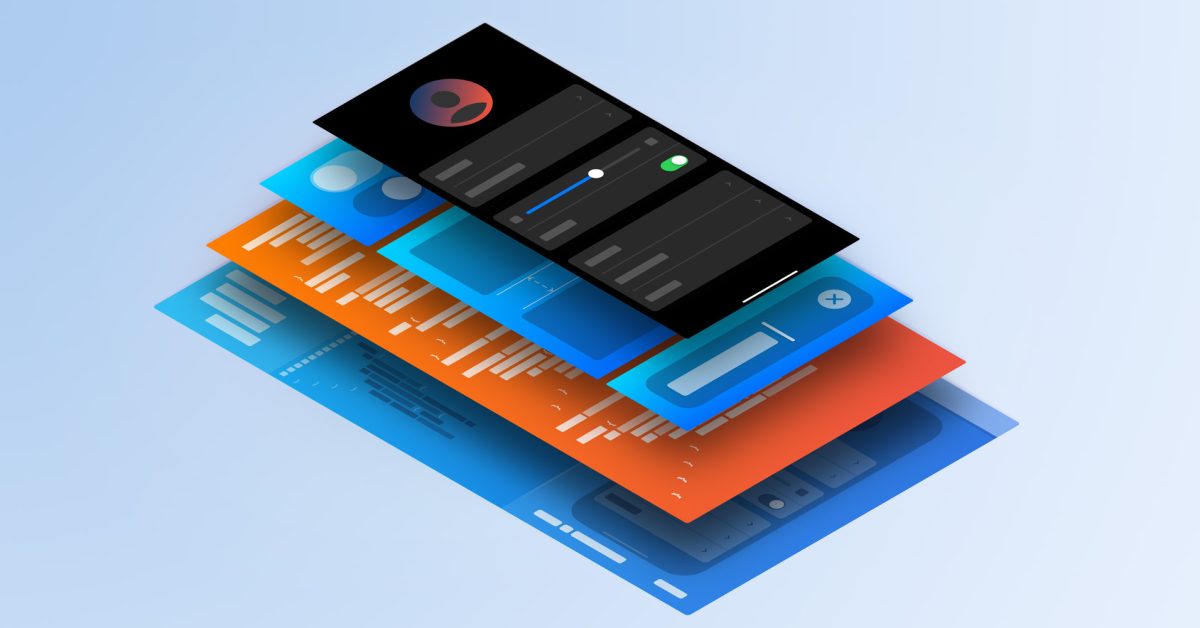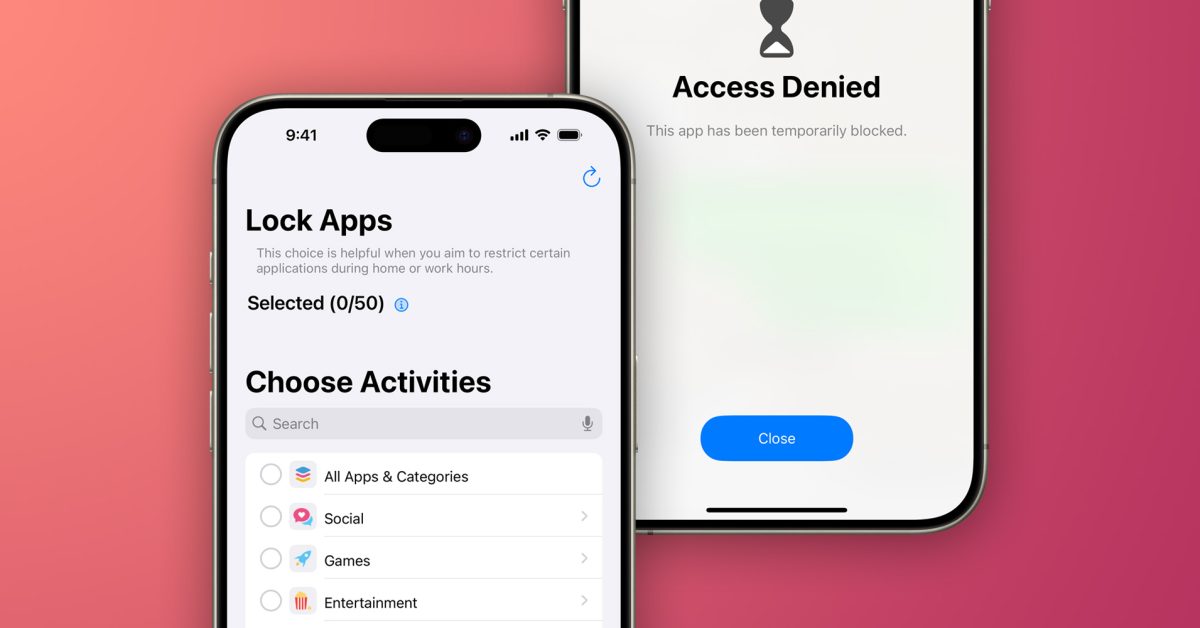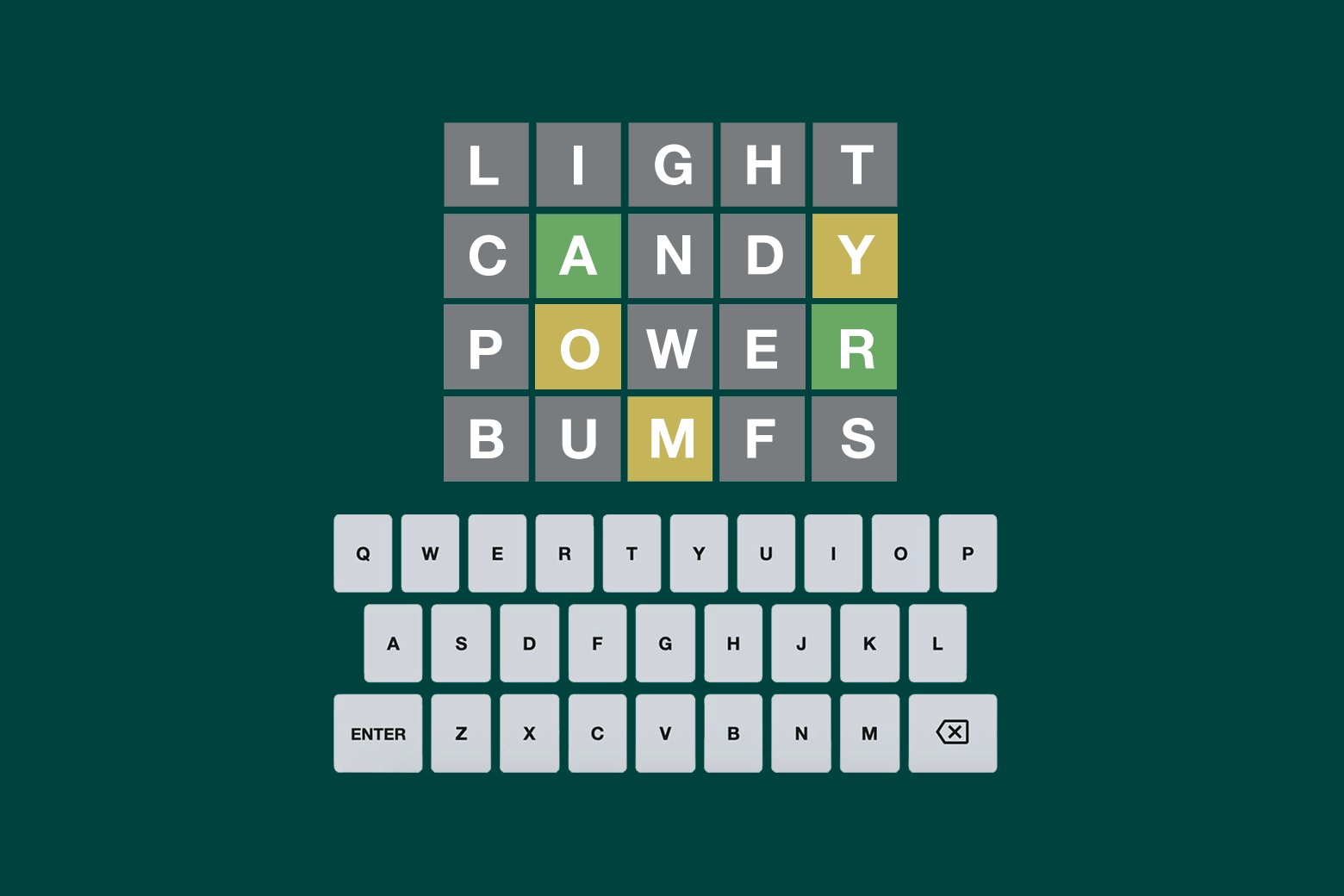Android and iPhone have never been closer, with little between the operating systems and their handsets. In the main, Google might seem to do more following than leading, but it has just beaten Apple at its own game, with a stunning new feature that is surprisingly coming to Android first and could be just around the corner…
Exciting new update for Android users
Updated 3/23; originally published 3/22.
Google is on a mission to make Android more like iPhone, as the world’s two leading smartphone ecosystems battle for users. We have seen Google recently enhance Android security, include WhatsApp calls on its phone dialer and even add Apple passes to its wallet. Now this latest update not only matches an existing iPhone feature, but it goes much further, surprisingly beating Apple at its own game.
I’ve already reported on Google’s push to include an emergency satellite service as a new feature, which will see Android finally match the satellite SOS functionality that Apple has had on its iPhone for a few years. Google’s offering even seems to add a readymade Garmin rescue service into its plan. This is clearly a big step forwards for the safety and security of its vast user base.
The issue with Apple’s emergency SOS offering is just that—it’s only for emergencies. And so for those of us not climbing mountains or sailing oceans, it puts an SOS tag on the screen when we’re out of coverage, but it’s something we never use.
Now with the latest Android 15 developer preview, it looks like Google is bridging the gap, opening the door for users to expand their cellular accounts to include a satellite add-on, and enabling core messaging apps to use that satellite network. No more cellular black-spots dropping users into a connectivity black hole.
According to Mishaal Rahman, “Android 15 DP2 adds some UI elements to ensure a ‘consistent user experience’ for devices that support satellite connectivity. The update also expands platform support for satellite connectivity by adding a new API that apps can use to detect when a device is connected to a satellite. Android 15 also lets SMS/MMS/RCS apps use satellite connectivity for sending and receiving messages.”
Android 15 dials up satellite connectivity
That last little bit is the real news, and we know that some networks have plans to add LEO satellite connectivity as an account option . This is an improvement on what we first thought was coming, when Google (prematurely) updated Pixel phones with a “Satellite SOS” feature slotted between Car Crash Detection and Emergency SOS.
Apple’s satellite connectivity remains more limited. “With iPhone 14, iPhone 14 Pro, iPhone 15 or iPhone 15 Pro,” it says, “you can connect your iPhone to a satellite to text the emergency services, request roadside assistance and share your location with friends and family – all while you’re off the grid with no mobile and Wi-Fi coverage.”
We did hope Android might go further, with previous beta code suggesting a satellite messaging option in partnership with T-Mobile. The potential for what this might eventually mean hit the headlines when Elon Musk announced that SpaceX had achieved downloads speeds of 17mbps to an unmodified Galaxy S21 Ultra.
As SamMobile reported following that Samsung test, the device “wouldn’t require any special hardware to connect to a satellite. So, even when there is no conventional cellular network range nearby, a smartphone would be able to make/receive calls and messages by connecting directly to a satellite. Starlink has been testing such a service, and it looks like we can use it in the coming months.”
This teases a future where direct to phone satellite connectivity becomes more normal and usable, but in the meantime messaging integration is a great start.
That this is coming to Android 15 now seems confirmed—absent a major change. And as Android and iPhone come ever closer, this looks like being an example of Google leading with (one expects) Apple to follow. Coming just after the “blockbuster” news that Gemini might be coming to iPhone and Apple claiming the DOJ lawsuit would essentially turn iPhone into Android, this has been an interesting week.
3/23 update: The latest exciting details on Google’s plans for satellite messaging came just after the blockbuster news broke that Gemini might be coming to Apple’s iPhone as the workhorse powering some or many of iOS 18’s AI updates.
This is interesting on a number of fronts—not least because it’s yet one more way that the gap between Android and iPhone looks set to close, but also because it would hugely enhance Google’s role within the iPhone ecosystem.
In terms of Android versus iPhone this is also notable. One further way in which Android is moving faster than iPhone is Gemini’s deployment on handsets. While Apple users wait for clarity on what to expect with the next OS in the fall, Android users are already seeing these advances.
One key area in which Google has promised game-changing Gemini capabilities is within its Messages app, which will become—to all intents and purposes—a chatbot UI for users to engage Gemini directly from the messaging platform.
Google confirmed the Gemini/Messages rumors last month. Now, TheSPAndroid has had this up and running from the latest beta release, confirming that “the integration of Gemini in Google Messages is similar to Gemini in the Google app and Gemini on the web, it supports extensions like Gmail, Flights, Maps, Workspace and more which are available on web, [and that] it can also give code suggestions.”
Gemini within Google Messages
Perhaps most interestingly of all, the site also confirms that this Gemini deployment “can also generate images, which is amazing.”
As reported by Android Authority, “Google says this is restricted to English but adds it’ll be available in 165 countries. The company also notes that you need a Pixel 6 or later, a Pixel Fold, a Galaxy S22 series phone or newer, or a Galaxy Z Flip/Fold.”
“It includes almost everything a normal user needs,” TheSPAndroid says, “and it is a very clever thing done by Google—integrating in Google Messages, which might reduce the need to keep Google app installed on my phone because it slows it down… The other thing is that Gemini integration will also give a boost to RCS because more people will use Google Messages.” As I’ve reported before, the only catch is that Gemini messages are not end-to-end encrypted, for obvious reasons.
This is a major boost for Android. The use of Google Messages as a readymade—and widely installed chatbot UI, will normalize access as never before. Over to Apple as to how it does the same later in the year, with or without Google’s AI doing the work. But in the meantime, it’s definitely (another) advantage Android.




